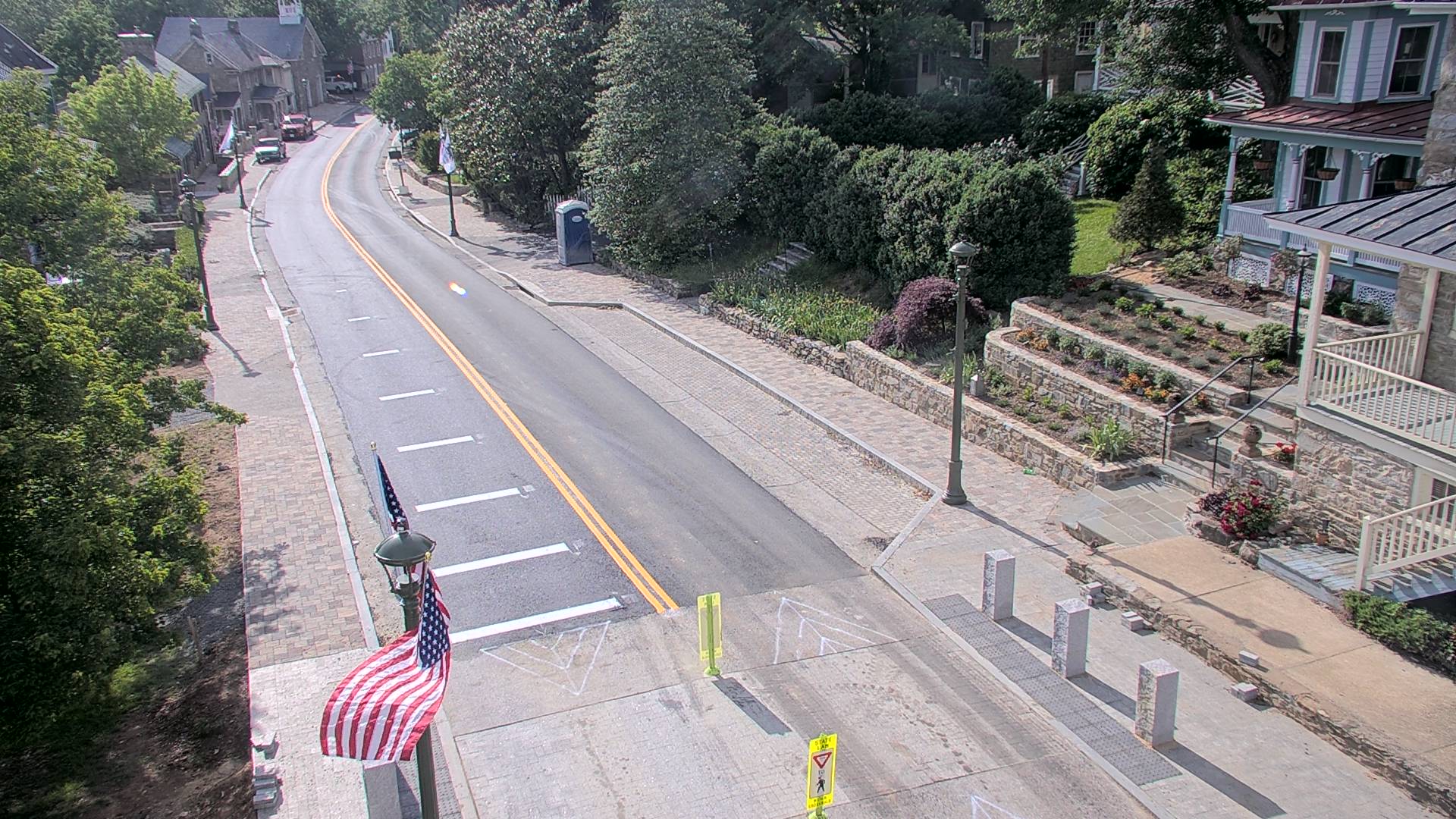- Shrinking roads creates more room for buildings, which lowers the cost of housing. (Fast Company)
- Demonstration projects can help build support for permanent bike lanes, especially now that many cities like Washington, D.C. have already built the politically easiest projects. (Greater Greater Washington)
- Widening I-35 through Austin will dump millions more tons of carbon into the atmosphere, but that doesn't seem to bother the Texas DOT. (CityLab)
- Since heavier vehicles are more dangerous for cyclists and pedestrians, Colorado lawmakers are considering a bill to tax them at a higher rate, with the funding going toward safety projects. (Colorado Public Radio)
- Colorado's abundance of off-street parking is driving up housing costs. (Newsline)
- Philadelphia transit workers voted to authorize a strike if a deal on a new contract isn't reached by the end of the month. (Inquirer)
- Des Moines transit needs a small property tax hike to avoid service cuts affecting its most vulnerable residents. (Axios)
- A new plan for the Anchorage region envisions 130 miles of new biking and walking trails. (Daily News)
- Spewing conspiracy theories about 15-minute cities (Wired) is probably not a great political strategy for Tories in the UK, where many voters have already seen the benefits of slow streets (The Guardian).
- Amsterdam is trying to prepare drivers for the switch in two months to a 30-kilometer-per-hour speed limit. (The Mayor)
- Glasgow has a free app that allows users to find bike parking, reserve it and pay for it. (Smart Cities World)
Today's Headlines
Wednesday’s Headlines at a Discount
We talk a lot about how parking minimums drive up housing costs, but so do overly wide roads. Why not take away a lane or two and let people build on the land?

A road diet in Hillsboro, Va.
|Rethink 9Stay in touch
Sign up for our free newsletter
More from Streetsblog USA
Study: Most Of America’s Paint-Only Bike Paths Are On Our Deadliest Roads
Even worse, most Americans see these terrible lanes and think, "I'd be crazy to ride a bike" — and the cycle continues.
Monday’s Headlines Take a Walk on the Not-So-Wild Side
Research increasingly shows that walkability, active streets and greenspace in cities contribute to mental well-being.
Friday’s Headlines Are Over ICE
Traffic safety and transportation funding continue to get tangled up in immigration enforcement under Trump.
Talking Headways Podcast: Women Changing Cities
Chris and Melissa Bruntlett on their new book and the mobility of care work and the unpaid labor that undergirds the economy.
Calif. Advocates Stand Against Proposed Nuisance E-Bike Laws
...and for enforcement of good e-moto laws already on the books.





